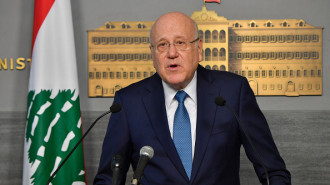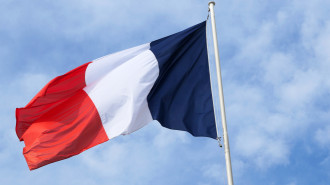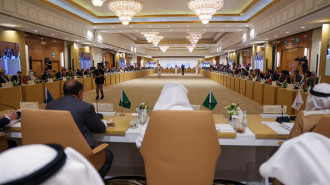Jordan votes in election clouded by pandemic
Jordanians voted on Tuesday in a parliamentary election overshadowed by the coronavirus pandemic which has dealt a heavy blow to the Arab country's already debt-ridden economy.
More than 50,000 security force personnel were on hand to ensure masks were worn inside polling stations and social distancing maintained.
Authorities ruled that the four-yearly election should go ahead but voters who have tested positive for the novel coronavirus face up to a year in prison if they ignore instructions to stay home.
On the eve of polling day, the kingdom had confirmed around 115,000 infections and 1,295 deaths in its population of about 10 million, more than half of them Palestinian.
Parliament has limited authority in Jordan, where the king has wide powers to rule by decree.
But it has provided a platform for the opposition when it has not boycotted the elections.
|
This year, the largest opposition faction, the Islamic Action Front, political arm of the Muslim Brotherhood, is fielding candidates in some seats despite the banning of its parent organisation in a Saudi-backed move earlier this year.
In 2016, the IAF won 16 seats in the 130-seat parliament. In 2010 and 2013, it boycotted polls.
Tribal allegiances
Leftist and Arab nationalist groups are also fielding candidates, alongside a much larger number of independents, many of them representatives of powerful tribes considered loyal to the monarchy.
"This vote is different, with people in greater distress because of the epidemic," said Oraib Rintawi of the Al-Quds Centre for Political Studies.
"People will vote based on tribal allegiances, for a candidate from their own clan or for one who offers to provide them services."
Resource-poor and dependent on foreign aid, Jordan has built up a public debt that exceeds 100 percent of GDP.
Unemployment stood at 23 percent in the first quarter, before the pandemic had even fully hit.
"Let's hope the winners heed our demands," Jazi Mutlaq told AFP after casting her vote in the Baqa'a refugee camp, north of Amman.
Read also: Israel demolishes entire Palestinian village in Jordan Valley
"We have many young people out of work, people's financial situation is bad," the 70-year-old said.
Acil al-Lawzi, 35, said she was worried about the impact of distance learning on children's education.
Schools have been closed since March and many Jordanian children do not have access to the internet for online lessons.
Some 4.5 million Jordanians are eligible to vote. Polls close at 7 pm, with results expected in the coming days.
Follow us on Facebook, Twitter and Instagram to stay connected

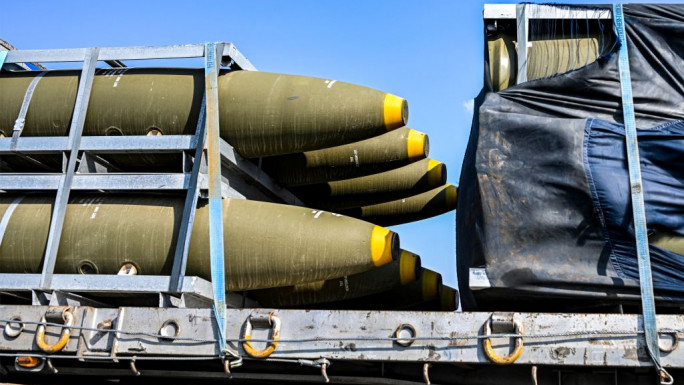
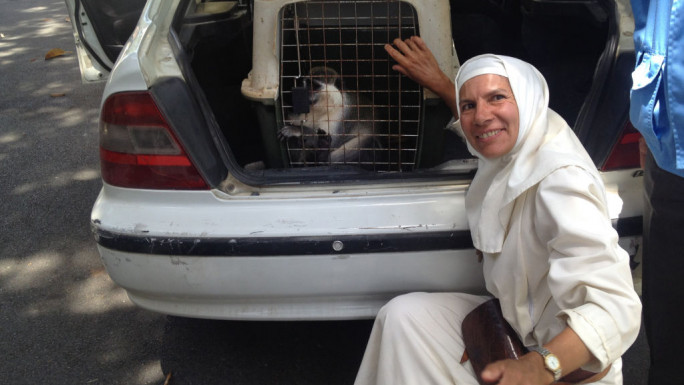
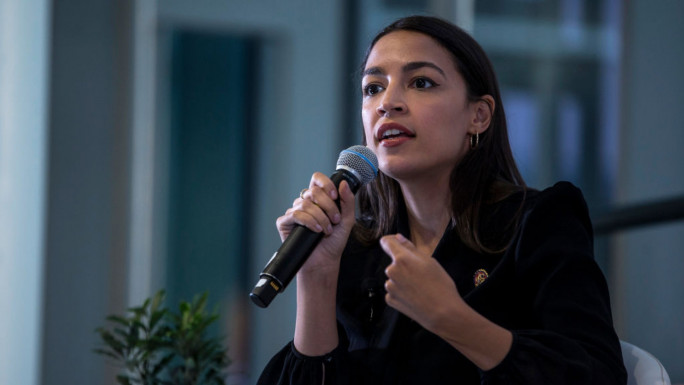
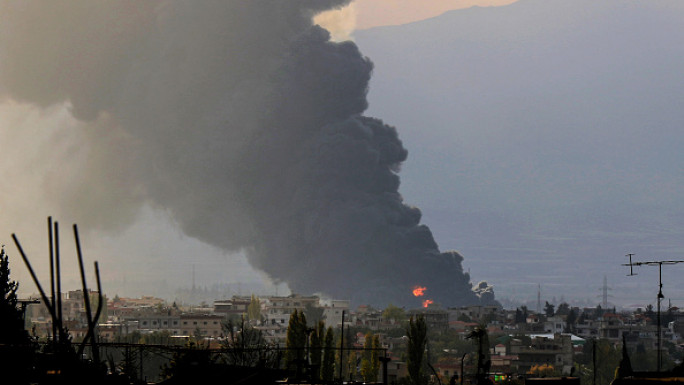
 Follow the Middle East's top stories in English at The New Arab on Google News
Follow the Middle East's top stories in English at The New Arab on Google News
